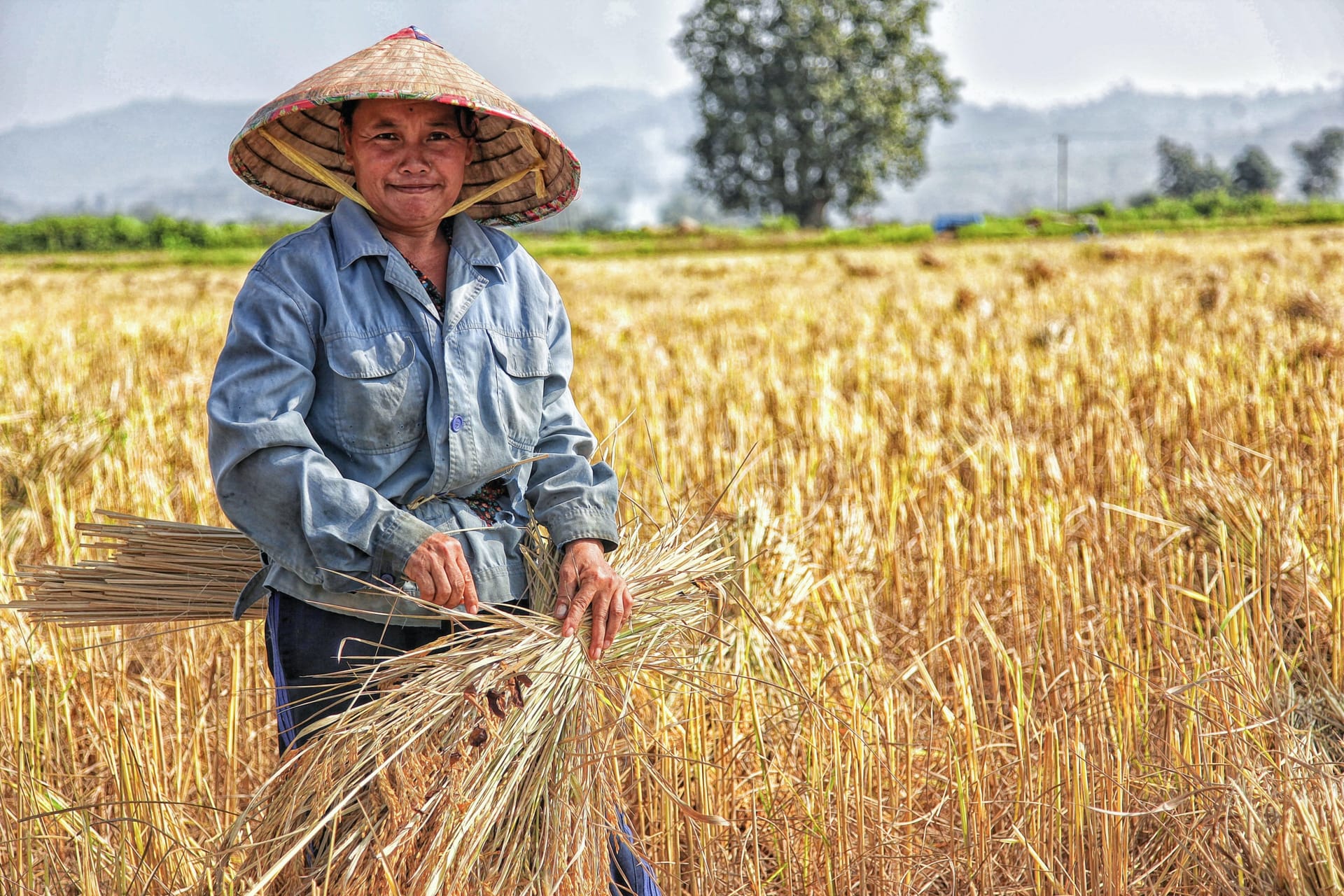God’s good crop
23 July, 2023 16th Sunday Year A
Listen to reflection

At first glance today’s gospel seems to draw a clear distinction between the wheat as the good crop and the darnel as the bad crop. The darnel was sown by the enemy while everybody was asleep. It was regarded as a toxic crop to be weeded out.
Darnel has an intoxicating effect, if consumed. In fact, its official name, “Lolium temulentum”, comes from a Latin word for “drunk.” In contrast, wheat is described as the good seed which sprouted and ripened. Indeed, Jesus describes it as a metaphor for his own self-giving love: that “unless a grain of wheat falls into the earth and dies, it remains alone; but if it dies, it bears much fruit” (John 12:24).
Yet, if the darnel is indeed the bad crop, we might well ask ourselves why the farmer has decided to let both crops grow till the harvest? The answer to that question is that this parable, like all parables, reveals surprising truths about aspects of God. In this instance, it describes the mercy and love of God. Here, God is not a ruthless farmer who is targeting the darnel. Rather, God allows both wheat and darnel to grow to the harvest. Each and everyone has the opportunity to return God.
The Dominican theologian Herbert McCabe explains that we should not be deluded into thinking that, if you are sorry for your sins, God will come and forgive you, that he will be touched by your appeal, change his mind about you and forgive you. McCabe would have us understand that the truth is, instead, that God never changes his mind about you.
God is simply in love with you. What he does again and again is change your mind about him. You are not forgiven because you confess your sins. You come to celebrate that your sins are forgiven.
Today’s psalm describes God’s mercy and compassion. It speaks of a God who is “abounding in love and truth” (Psalm 85:15). John Duns Scotus, the 13th century Franciscan theologian, similarly believed that God did not enter human history because Adam and Eve had sinned; rather, God became man because he loved humanity so much, he desired to be one with us.
In the midst of our struggles, God takes the initiative and draws near to us. The second reading describes how “the Spirit comes to help us on our weakness. For when we cannot choose words in order to pray properly, the Spirit himself expresses our plea in a way that could never be put into words” (Romans 8:26).
We are called to an awareness that God loves us immensely and to respond to God’s love and fulfil our destiny as flourishing beings, nourished in the rich soil of God’s compassion and mercy.
Sophie Clements
© Majellan Media 2023
We encourage you to share and use this material on your own website. However, when using materials from Majellan Media, please include the following in your citation: Sourced from www.majellan.media
